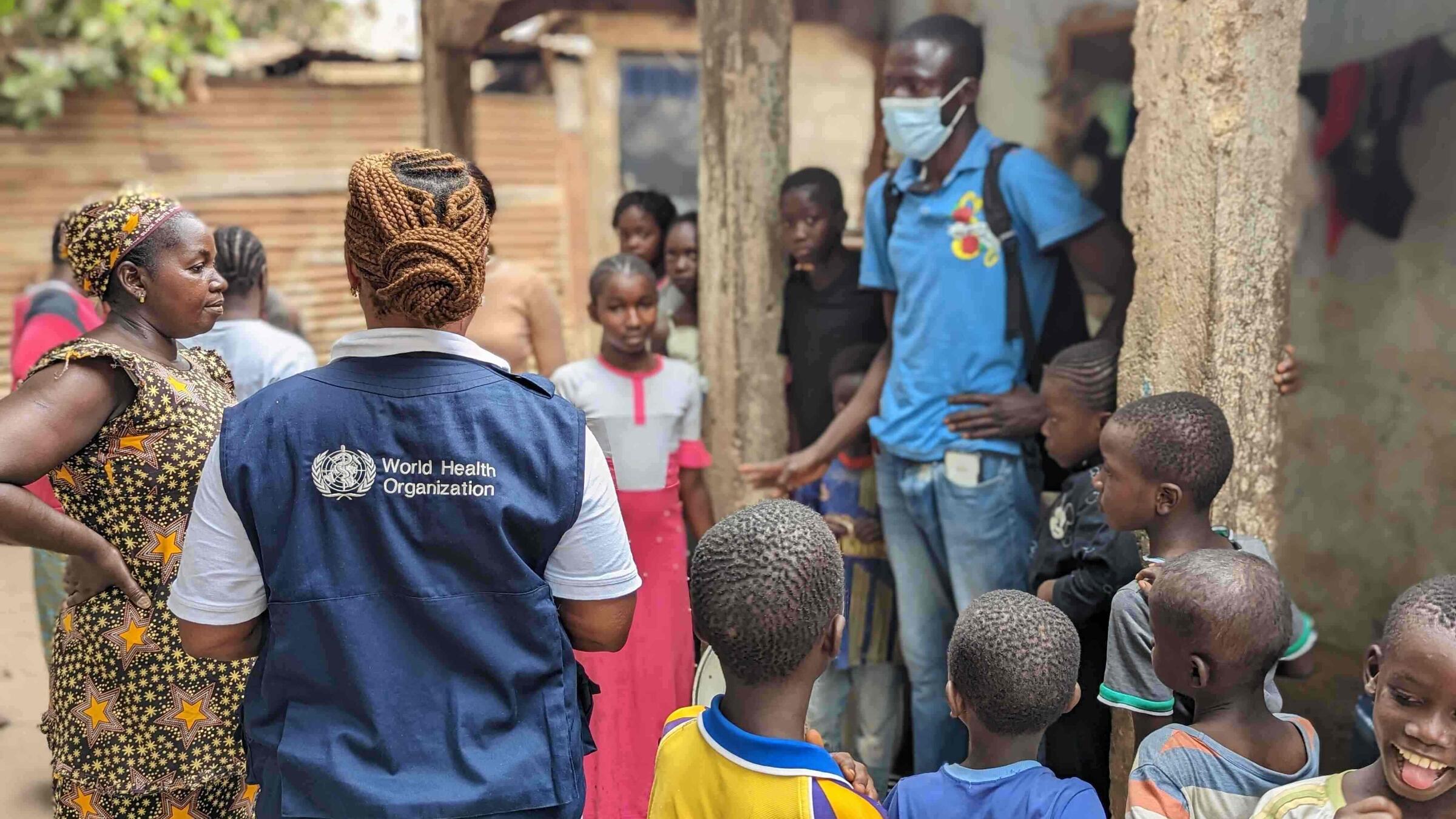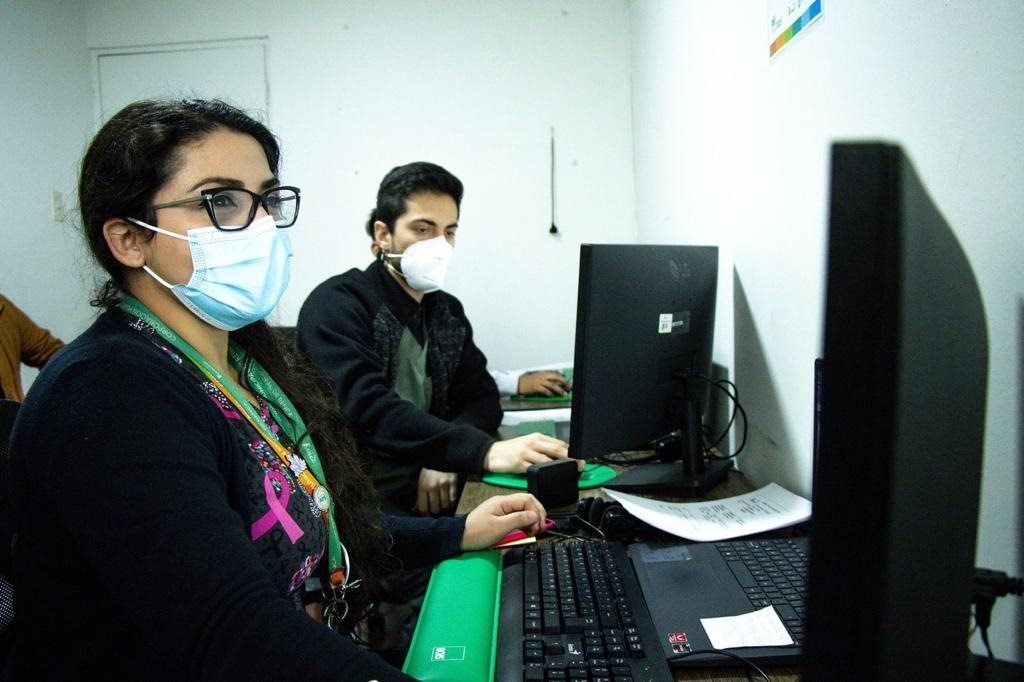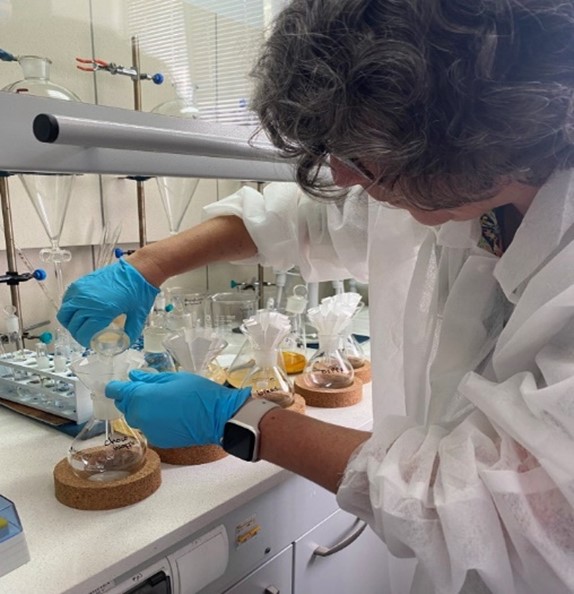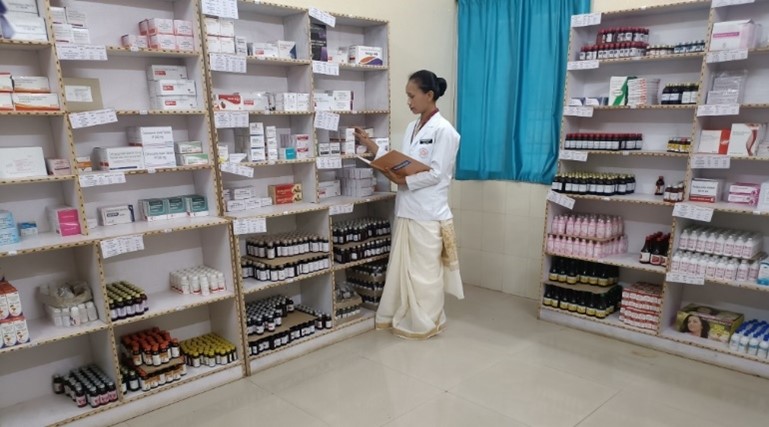
INVESTMENT ROUND: IMPACT STORY
Bolstering primary health care in Chile
WHO-backed teletriage initiative supports overwhelmed primary health care centers during COVID-19
 © PAHO / WHO Chile
© PAHO / WHO Chile
1600+
healthcare professionals trained
200 000
patients in first year
1 million
patients by May 2023
Primary health care forms the foundation for equitable health, ensuring that everyone can access the care they need without financial hardship. In 2020, like many nations, Chile’s primary health care centers faced overwhelming challenges due to the surge in COVID-19 cases.
To complement existing in-person services, the Ministry of Health of Chile in collaboration with PAHO/WHO and other partners, launched a pilot teletriage initiative.
Teletriage allows patients to be assessed remotely, through telecommunication, prioritizing their health concerns and guiding them to the appropriate care, whether in-person or remote.
In preparation for a successful launch, PAHO/WHO leveraged its expertise to deliver a comprehensive implementation package including communication materials, a specialized training environment, and a cutting-edge virtual platform.
To trial the teletriage model, PAHO/WHO financed and implemented a pilot project with the South Metropolitan Health Service, providing a valuable opportunity to refine the model through real-world application. PAHO/WHO also launched an online course to equip healthcare professionals with the knowledge and skills to integrate telehealth into their practices.
Striving to relieve pressure on in-person facilities, the initiative proved highly successful.
In its first year, over 200 000 care requests were processed across 12 centers, resolving 14% without requiring a physical visit in the first year. The initiative garnered positive feedback, with 66% of patients preferring it over traditional appointment scheduling.
As a result of the pilot's success, it was embraced as a national policy with the Ministry of Health leading a nationwide implementation plan in 2022.
As of May 2023, the teletriage system has successfully processed one million requests across 76 centers in 29 municipalities.
The challenges posed by COVID-19 prompted a visionary response. Chile’s teletriage system has emerged as a transformative force in PHC delivery. As it continues its expansion, it is poised to bring enduring benefits to citizens across Chile, underscoring the power of innovation and collaborative efforts in shaping the future of healthcare.
→ Read the full story on bolstering primary health care in Chile
Return on investment
/invest-visual-provide-health.png?sfvrsn=67b0de9_3)
A fully funded WHO will enable the Organization to "provide health" with people accessing health services without financial hardship to 5 billion people by 2028.
The teletriage approach to complement in-person services in Chile is an example of WHO delivering on the primary health care approach renewed and strengthened to accelerate universal health coverage, contributing to WHO's Fourteenth General Programme of Work (GPW 14), strategic objective 3.1. It is also an example of corporate outcome 2: enabeling targeted country support, with WHO country offices driving national progress through technical cooperation guided by a theory of change. The work in Chile also demonstrates leveraging digital transformation and information systems for better health.
Funding the future
WHO’s support of Chile’s primary health care centers during the COVID-19 pandemic wouldn't have been possible without funding.
To continue to support initiatives like this, WHO needs sustainable financing, that is, predictable, flexible and resilient. This will allow WHO to have the greatest impact where it is needed most. Please support the WHO Investment Round.
/invest-visual-investing.png?sfvrsn=dbf748b9_20)
Related case studies


